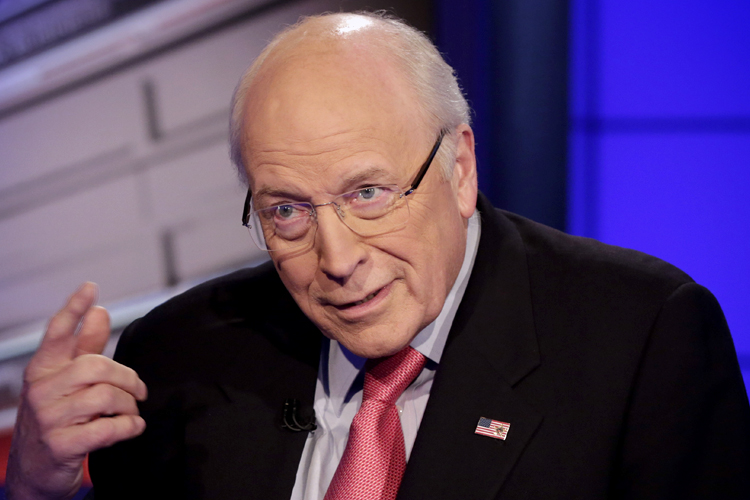New polling out from the New York Times and CBS shows that Americans are pretty down on Barack Obama’s handling of Iraq. Just 37 percent approve, with 52 percent disapproving. The same poll also found that Americans generally approve of Obama’s plan to send 300 military advisers to Iraq (51 percent give it a thumbs-up) and would back using unmanned aircraft to target militants (56 percent in favor). However, that same poll also found that 85 percent of Americans are either “very” or “somewhat” concerned that U.S. intervention in Iraq will lead to “a long and costly involvement.”
So, to sum up: America is one big conflicted mess on what to do with regard to Iraq. We want to help, but we don’t want to get involved. We’re cool with certain acts of military aggression, but we don’t want to be “at war.” Caught in the middle is Barack Obama. His Iraq agenda is generally acceptable to the public, but the public also projects its disapproval for the chaos on the ground onto the chief executive.
The public’s conflicting attitudes toward Iraq, along with the timely reemergence of Dick Cheney, are a pretty good sign that we’re still working to purge the neoconservative legacy from our political system. Americans obviously feel an obligation to the region that we, in the literal and figurative sense, blew up. And we tend to have unrealistic expectations of what can be accomplished on the world stage. “Americans want the free pony,” Daniel Drezner writes, “they want the U.S. to not expend blood and treasure overseas, but they also want the liberal order not to fray.” The unraveling of Iraq largely wiped out the militarily adventurist spirit of the early 2000s, we just don’t know how to grapple with the aftermath.
The one thing we do know for sure is that just about no one wants to commit U.S. troops to Iraq once again. Fewer than 1 in 5 respondents in the New York Times poll favored boots on the ground, and a full 77 percent opposed it as an option. Asked if they felt the Iraq War was worth the cost, just 18 percent said yes. The Iraq War has never been this unpopular, and it’s reached this nadir just as Cheney is reasserting his foreign policy vision.
“I was a strong supporter of going into Iraq then, I’m a strong supporter now,” Cheney said on ABC’s “This Week”
this past weekend. The uncontested failure of this course of action, along with the plummeting public support, should be enough to make Cheney a lone, shunned figure in foreign policy circles. But conservatives and Republicans, emboldened by Obama’s poor foreign policy ratings, are coming around to the idea of Cheneyism’s renaissance.
“The Cheneys of Wyoming, father and daughter, were largely right about Iraq back in 2003, and they are correct now as well,” wrote Quin Hillyer at National Review. “With American interests in tatters, it takes people of the Cheneys’ stature to force the debate beyond the media’s usual Obama-friendly platitudes.” The Washington Post’s Jennifer Rubin, apparently unaware that Cheney has been talking to anyone who will have him, scored an “EXCLUSIVE” interview with the man. “Former vice president Dick Cheney is plainly worried,” Rubin wrote, giving the former VP as much uncontested space as he needed to fret about the foreign policy crises he helped author.
Cheney is also emerging as a counterweight to Republican isolationists like Rand Paul, who’ve been causing the generally hawkish GOP no small amount of discomfort. At a certain level, Republicans have to be happy that someone of Cheney’s stature is emerging to challenge Paul. But at the same time, it’s Dick Cheney.
And that’s the problem facing the GOP: The public may give Obama low marks on foreign policy, but they’re not exactly clamoring for the Republican foreign policy vision. The scars and memories of Iraq are still fresh, and they precipitated a massive realignment of national security politics. Dick Cheney is the snarling, unrepentant mascot for that policy failure. It’s hard to imagine a less credible foreign policy critic for Republicans to rally around. But they seem game for the challenge of convincing the 80 percent of Americans who view Iraq as a failure that Dick Cheney was right.

